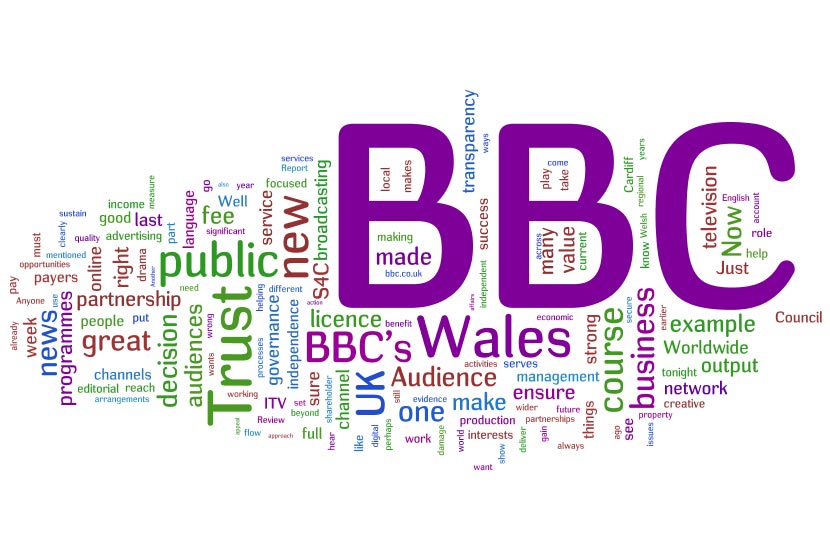Norway’s largest city is in cyberspace, and its 713 000 ‘citizens’ are generating good revenues for the newspaper that owns it.
Schibsted-owned VG.no is not only Norway’s most read and most profitable news site, it also has a social network making a nice contribution to the news site’s admirable financial results.
A city of teenagers
VG is currently earning a gross margin of more than 50 per cent from this social network, called ‘Nettby‘ (Norwegian for NetCity), Jo Christian Oterhals, head of development, VG Multimedia & chairman of Nettby Community AS, Norway, told the audience at World Association of Newspapers (WAN) conference in Gothenburg last week.
The 713,000-strong city is in fact the biggest city in Norway, bigger than the capital, Oslo.
“Teenage girls are very active here, and we all know that if you get the girls, you also get teenage boys,” said Oterhals, who explained that Nettby’s 713 citizens make up for 61 per cent of all teenagers in Norway.
This demographic is obviously an attractive one for advertisers, but premium membership is also an important source of revenue. “Premium membership is really important for us now, we have more than 50,000 paying customers at any given time,” Oterhals added.
City guards key to success
Nettby is Norway’s second biggest social network after Facebook, but VG.no is not worried about the competition from the trendy website, because the users and purpose of the two social networks are so different:
“Nettby is a place you go to meet new people; on Facebook you keep up with existing friends,” Espen Egil Hansen, managing editor of VG.no, told me on a previous occasion.
Nettby is very much like a party where teenagers hang out, flirt and meet new friends.
“But you can’t just open the door, the best parties are well administered,” said Oterhals.
“That is why Nettby has city guards, volunteers who help moderate and control Nettby,” he explained, adding that these city guards were hand-picked by Nettby’s own people.
“To throw a good party you need good planning, a place, a host, basic rules, a bouncer, an invitation and a few introduction. We try to provide all this,” said Oterhals.
No recipe to make teenagers read news
“Currently there are almost no links between VG and Nettby other than the logo, as it was very important for us when we started Nettby that the kids who came in there did not get the impression that this was their fathers’ website,” said Oterhals.
In other words, Nettby has not been a recipe to get young readers reading newspapers – a topic much discussed during WAN.
Instead, Oterhals told journalism.co.uk, part of the rational for running this social network was to be part of what is happening on the web and to figure out how young readers use the web.
“What is your competitor online is not as easy to figure out online as in print – it could be Google, it could be Facebook – so we stay awake at night thinking about what the next big thing will be, who our new competitors are,” he said
VG.no has also launched the site in Sweden, where it failed due to many Norwegian teenagers hanging out there, and more recently in Spain, where it is an add-on to the online operation of 20 Minutos, Schibsted’s Spanish freesheet.
“Analysts said Nettby’s success will last for six years max, so the challenge for us is to look at how can we repackage and launch it as new products. I think that will be our strategy for the future,” said Oterhals.


